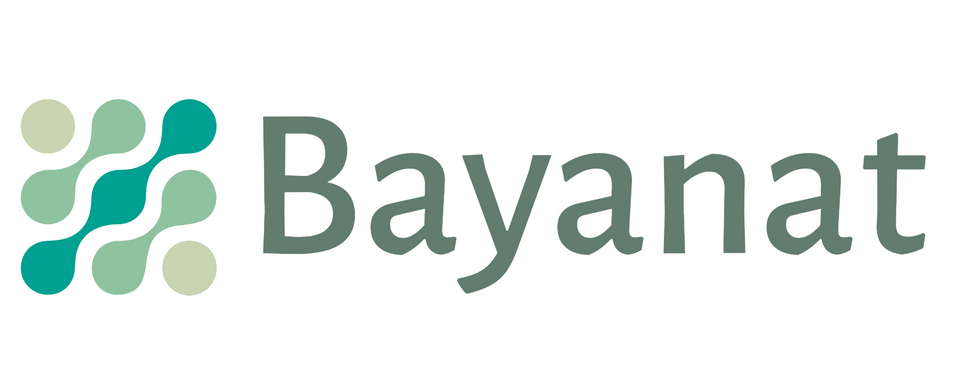
Bayanat: SJAC’s New Open-Source Database
Social media data has the power to hold human rights violators accountable and to help victims’ families identify their loved ones. Likewise, the advent of the citizen-journalist has strengthened human rights documentation. However, organizations’ and individuals’ limited resources, government suppression, and social media algorithms threaten the essential preservation of this data.
To address this gap, the Syria Justice Accountability Centre’s (SJAC) designed a relational database software in 2014 to download, label, process, and analyze large data sets of digital evidence. After six years of using this database internally, SJAC performed a major upgrade to create our new open-source software, Bayanat, or “data” in Arabic. Bayanat empowers human rights groups to preserve and process large amounts of data. After being beta-tested by data management teams and select partners, Bayanat is now available for download free of charge at GitHub.
Bayanat employs the industry’s best practices and security features to provide a clear and consistent open-source interface, allowing human rights documenters to safely preserve, analyze, and share data of human rights abuses for advocacy, prosecutorial, and journalistic purposes. Since its inception, SJAC has preserved over 1.8 million pieces of data and our data analysts have used Bayanat to analyze and label more than 300,000 videos. Using international humanitarian and human rights law as a basis, events, actors, and labels can be cataloged and linked to specific IHL violations or investigations. With a keystroke, organizations can identify the most relevant information and track violations of a single perpetrator.
Screenshot from Bayanat
SJAC has used Bayanat to respond to information requests from national prosecutors in Europe and numerous international organizations. SJAC’s Senior Data Analyst described the important gap Bayanat fills, “There are millions of pieces of documentation that were collected during the Syrian conflict, it is almost impossible to find what you are looking for if you are a prosecutor. Our work is organizing and cataloging this data in a way that makes it accessible to anyone who wants to reach specific information.” Bayanat is also being used to identify those disappeared by ISIS and the Syrian government in SJAC’s Missing Persons Project.
For organizations requiring set-up or software assistance, SJAC is available to assist with a suite of services at a sliding scale depending on the sizes and resources of an organization.
Bayanat is currently available in Arabic and English with user guides available.
As the database code is open-source, Bayanat is available on GitHub at no charge. For more information or to request technical assistance, please email [email protected].
Technical Details:
Rewritten in Python with the Flask framework, Bayanat offers:
- Clear and consistent user interface with a focus on performance and efficiency;
- User management and permissions system that allows multiple levels of access;
- Detailed revision history for each item in the database, with snapshots for each edit;
- Activity monitoring tool to track all logins and changes in the database;
- Powerful custom search and filtering tool that allows user to build simple and complex search queries; and
- Simple data management app to facilitate processing large datasets.
Security features include safe HTML generation, sanitized inputs, hashed/salted passwords, encrypted communication, etc. User permissions are applied on both the front and backend. The app also has two-factor authentication and can be configured to utilize Google OAuth 2.0 (sign in with Google accounts).
SJAC is committed to maintaining Bayanat for years to come. To support SJAC’s IT work, please consider donating at https://donate.syriaaccountability.org/.
For more information or to provide feedback, please contact SJAC at [email protected] and follow us on Facebook and Twitter.